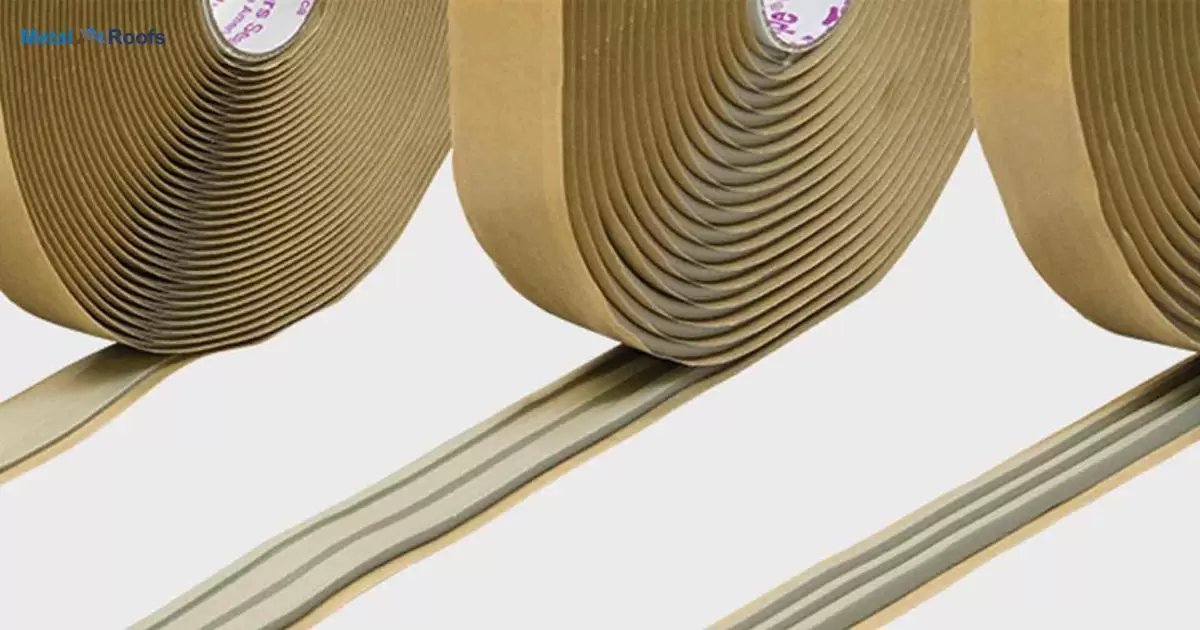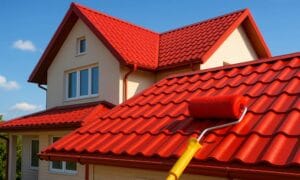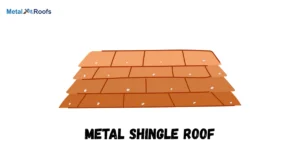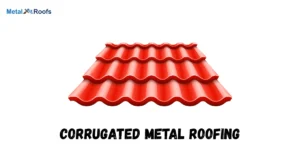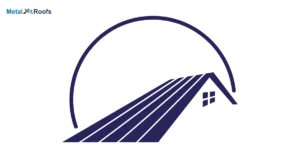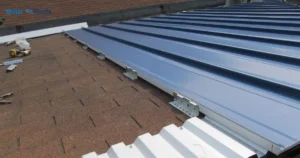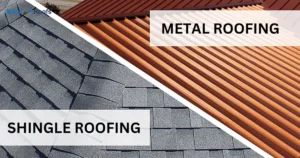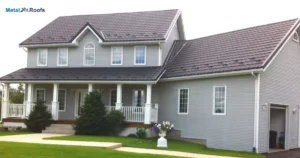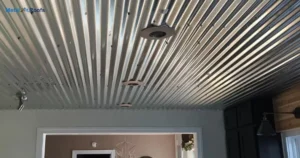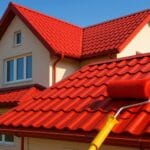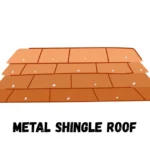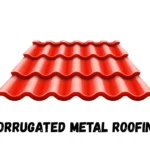Butyl tape seals metal roof seams. It stretches, sticks to metal roofs. Butyl tape prevents leaks, and lasts long. You apply it before installing panels. It creates watertight, airtight seals. Butyl tape is pliable, UV-resistant.
Leak-proof your metal roof flawlessly. Butyl tape for metal roofing ensures. Withstands extreme heat, cold, UV rays. Creates watertight, airtight seals seamlessly. Essential for metal roof installation. Proper prep is key for optimal sealing. Butyl tape fortifies metal roofs reliably.
Butyl tape on metal roof forms a tight, lasting seal. Stretchy, sticky, it adheres perfectly. It resists harsh weather conditions well. UV rays don’t degrade butyl tape. Its pliability ensures seamless installation. Surface prep ensures optimal adhesion.
Key Takeaways
- Butyl tape is a versatile adhesive used in metal roofing for sealing and weatherproofing.
- It prevents leaks and withstands harsh weather conditions, ensuring long-term durability.
- Butyl tape is easy to install and offers flexibility in application, making it suitable for various roofing projects.
- Beyond roofing, butyl tape is used in automotive, plumbing, HVAC, construction, marine, electronics, and general repairs.
- When choosing butyl tape, consider factors like quality, thickness, adhesive strength, and compatibility with the intended application.
Advantages of Butyl Tape for Metal Roofing
Butyl tape offers several advantages when used for metal roofing installations:
Excellent Sealing Properties: Butyl tape forms a strong and durable seal between metal roofing panels, seams, and joints. It adheres well to metal surfaces and provides a waterproof barrier, preventing water infiltration and reducing the risk of leaks.
Flexibility: Butyl tape is highly flexible and can conform to irregular shapes and contours, ensuring a tight seal even on uneven surfaces. This flexibility allows for better coverage and sealing of various roofing components, including corners and edges.
Weather Resistance: Butyl tape exhibits excellent resistance to a wide range of weather conditions, including rain, snow, UV radiation, temperature fluctuations, and humidity. It maintains its sealing properties and does not degrade or become brittle over time, providing long-lasting protection for the metal roof.
Vibration Damping: Metal roofs can experience vibrations due to wind, thermal expansion, and other factors. Butyl tape helps dampen these vibrations, reducing noise levels and minimizing potential damage to the roof structure.
Easy Installation: Butyl tape is easy to work with and can be applied quickly during the roofing installation process. It comes in rolls or strips that can be cut to size and applied directly to the desired areas, simplifying the sealing and bonding of metal roof components.
Compatibility: Butyl tape is compatible with various types of metal roofing materials, including steel, aluminum, copper, and zinc. It adheres well to these surfaces without causing damage or corrosion, ensuring compatibility with different roofing systems.
Cost-Effective: Compared to other sealing methods or materials, butyl tape is often more cost-effective, offering reliable sealing performance at a reasonable cost. Its ease of installation also helps save time and labor costs during roofing projects.
Longevity: Properly installed butyl tape can provide long-term protection and sealing for metal roofs, contributing to the overall durability and lifespan of the roofing system.
The advantages of butyl tape for metal roofing include its sealing effectiveness, flexibility, weather resistance, vibration damping properties, ease of installation, compatibility with metal surfaces, cost-effectiveness, and long-term durability
Factors Affecting the Cost of Butyl Tape
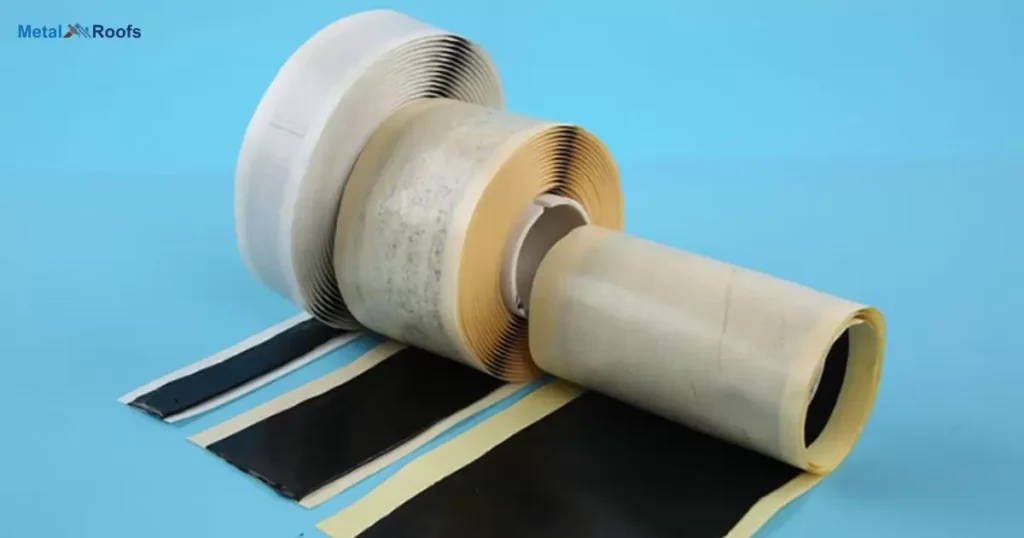
Here are the factors affecting the cost of butyl tape written in points:
Material Quality: Higher quality butyl rubber compounds can lead to higher costs.
Thickness and Width: Thicker and wider tapes are generally more expensive.
Adhesive Strength: Tapes with stronger adhesion may cost more due to enhanced bonding capabilities.
Backing Material: Some tapes come with backing materials like aluminum foil, which can influence pricing.
Weather Resistance: Tapes designed for outdoor use with UV resistance may be priced higher.
Brand and Manufacturer: Established brands or premium manufacturers may charge more for their tapes.
Roll Size and Packaging: Larger rolls or specialized packaging may offer cost savings.
Quantity Discounts: Purchasing in bulk often leads to volume discounts.
Market Demand: Fluctuations in demand can impact pricing.
Geographical Location: Costs can vary based on location, currency exchange rates, and tariffs.
Using Butyl Tape on Metal Roofing
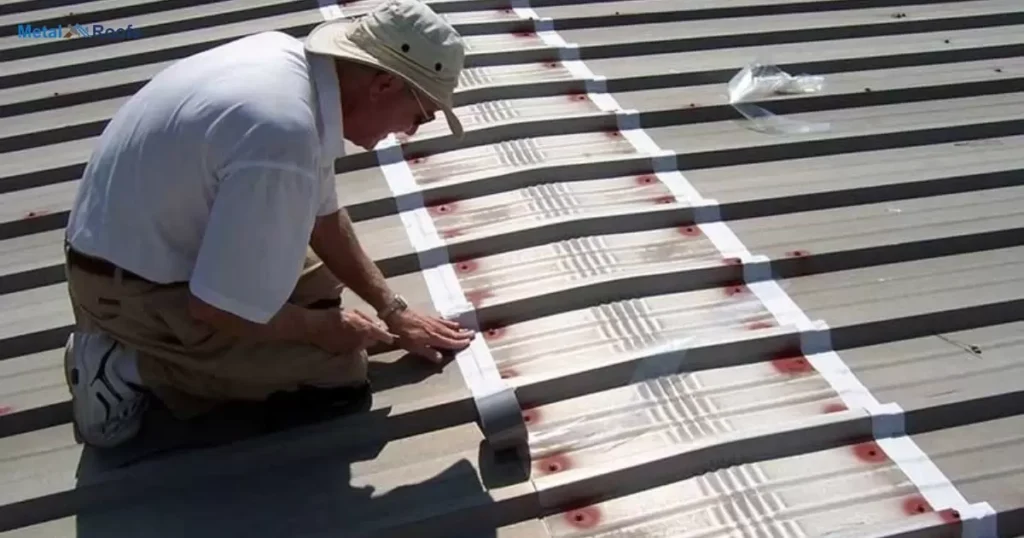
| Aspect | Information |
| Purpose | Sealing and waterproofing metal roofing |
| Properties | Forms a strong and durable seal – Adheres well to metal surfaces – Provides waterproof barrier |
| Flexibility | Highly flexible, conforms to irregular shapes and contours |
| Weather Resistance | Excellent resistance to rain, snow, UV radiation, temperature fluctuations, and humidity |
| Installation | Easy to apply during roofing installation process |
| Compatibility | Compatible with various metal roofing materials |
| Cost-Effectiveness | Offers reliable sealing performance at a reasonable cost |
| Longevity | Provides long-term protection and sealing for metal roofs |
Butyl tape is a highly effective solution for sealing metal roofing. It offers a tight seal that keeps water out, preventing leaks and water damage. This tape is flexible, making it easy to apply to joints and seams, ensuring a secure bond that lasts.
Butyl tape is resistant to various weather conditions, providing long-lasting protection for metal roofs without costing a lot. Overall, using butyl tape on metal roofing is a practical and reliable choice for maintaining a durable and leak-free roof structure.
Choosing High-Quality Butyl Tape
When picking butyl tape, consider material quality first. High-quality butyl rubber ensures better sealing and durability. Thicker tapes offer stronger adhesion but may cost more.
Assess adhesive strength for optimal bonding. Look for tapes with weather-resistant properties for outdoor use. Check brand reputation and packaging options for cost-effectiveness. Buying in bulk often leads to discounts, so consider quantity needs. Lastly, factor in geographical variations that may affect pricing.
Additional Uses for Butyl Tape
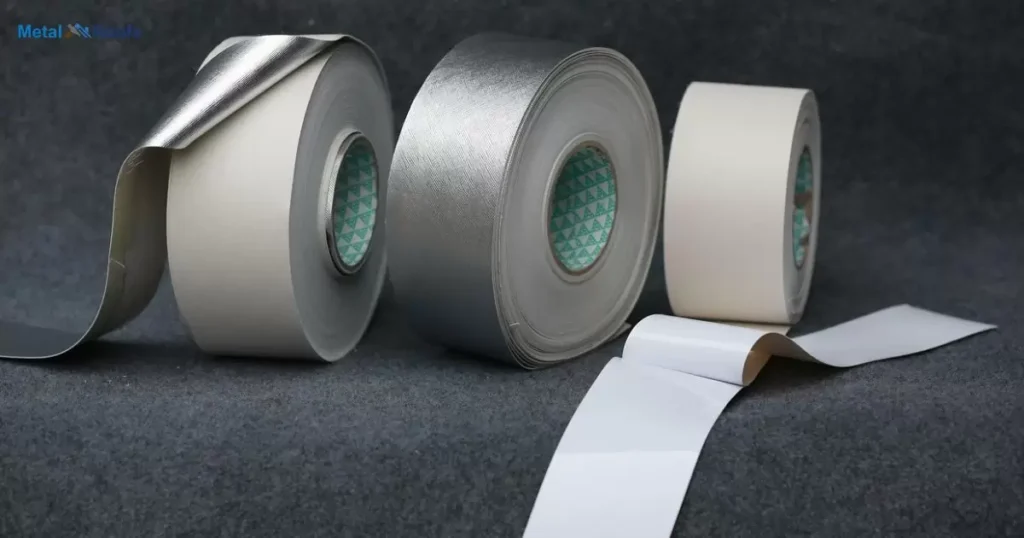
The additional uses of butyl tape presented in bullet points:
Automotive: Seals windows, doors, and body panels to prevent leaks and reduce noise.
Plumbing: Seals pipe joints and connections, resisting water, chemicals, and temperature changes.
HVAC: Seals ductwork and components, improving energy efficiency and preventing air leaks.
Construction: Seals windows, doors, and skylights, creating a weatherproof barrier on various surfaces.
Marine: Seals boat windows, hatches, and seams, withstanding saltwater and harsh marine conditions.
Electronics: Seals and insulates electrical connections, protecting against moisture and corrosion.
General Repairs: Versatile for patching leaks, sealing gaps, and repairing various surfaces in household and industrial settings.
Frequently Asked Questions
Is butyl tape necessary for metal roofing?
Yes, butyl tape is necessary for metal roofing as it provides a waterproof seal and protects against leaks.
What kind of tape do you use for metal roofing?
For metal roofing, butyl tape is commonly used due to its excellent sealing properties and durability.
What is butyl tape used for?
Butyl tape is commonly used for sealing and waterproofing purposes in construction and roofing projects. It provides a strong and durable seal against water, air, and moisture infiltration.
Conclusion
Butyl tape excels for metal roof sealing. It stretches, sticks, endures extreme conditions easily. Reliable, watertight, airtight seals are ensured. Proper prep is crucial. Precise installation matters.
Invest in quality butyl tape carelessly. It prevents leaks, lasts decades reliably. Resistant to UV rays, heat, cold. Seamless application on prepared surfaces ensures. Butyl tape fortifies metal roofs flawlessly.
